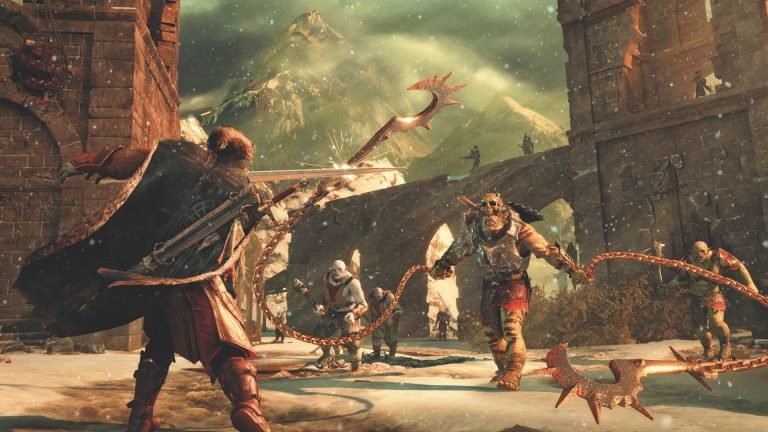
He was a Trappist and a chatterbox,
guestmaster at the little orchard house
in Georgetown, aging man of paradox
if not comedy. Father Canisius
welcomed us with hours of talk
on silence and the use of mantras.
He had a history of chat: twenty-five
years a garrulous Jesuit before his leap
to Benedict and the cheese-maker monks,
Oka’s most unsilent man. He nearly burst.
An abbot pitied all the pent-up words,
sent him to this daughter-house as greeter
to talk at will, just not to his chanting brothers.
Novice SJs, high on Merton, we drove from
Guelph to see these monks and their apple trees—
expecting what, some upward catacomb?
Practitioners of the perfected heart?
What I saw was a young Trappist talking
to a dog—where else might mysticism start?
Our older ones, Crosby and Lilburn,
came away sceptical of Canisius,
who had wasted their day with anecdotes.
I found him mad and reverent,
something of the street saint Benoit Labre,
living out his illness under the eye of God.
A year later, I was assigned to a prison,
a minor chaplain whose job was kindness
to burglars, arsonists, and boys who sold grass.
Vows looming, I went back to Georgetown alone,
listened to Canisius, attempted the chant,
ate a barren meal, and stayed the night.
Was it 3 a.m. he knocked at my door,
calling me to the night office?
He saw I would not make it and told me to sleep on.
The next day he asked his practised question,
“Did you find what you came for?”
I went back to my work at the jail,
and to a sense of a cage that I alone
had erected around my heart.
Caught between “Ours” and my own,
I made the choice, leaving one lost self
to chant the night office among the apple trees.
The post Night Office first appeared on The Walrus.



